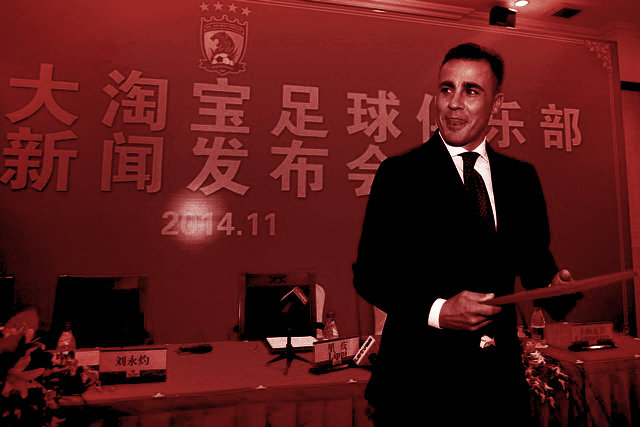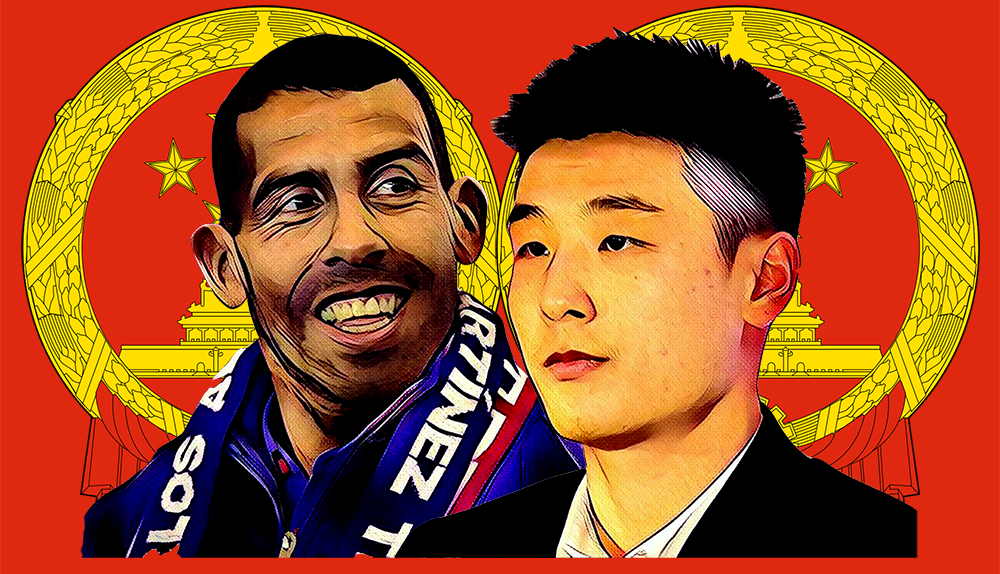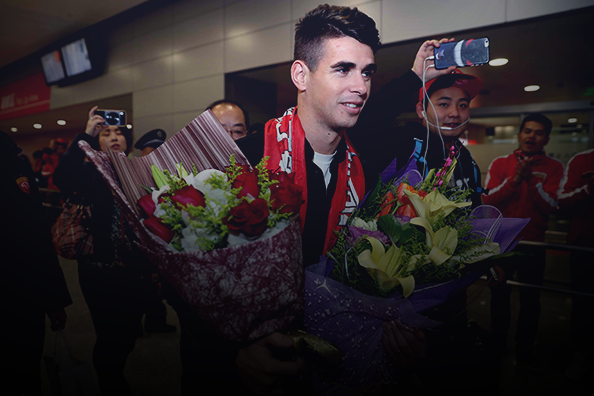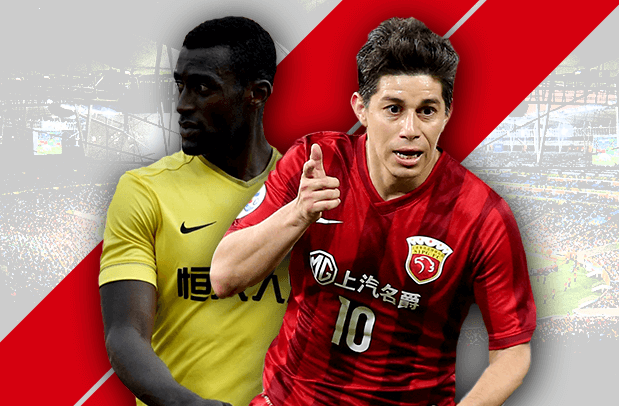The Chinese Super League was created with big plans for the world’s most populous country to grow into a footballing powerhouse as well. Things haven’t gone according to plan, but the foundations have been set.

In 2004 the inaugural Chinese Super League season commenced with much of the world’s media outlets placing their eyes firmly on the most populated country on the planet. Football and China are two variables people would not normally include in the same sentence, however with the success of the national team in achieving qualification for the 2002 World Cup, the Chinese FA became determined to make Chinese football one of the most competitive leagues and football nations throughout the football world.
The effect of the Super League on the national team
Fortunately for China, top stars that have been able to grace many of Europe’s top leagues such as Sun Jihai, Li Tie, and Zheng Zhi who have had respectable careers in England most notably, are no longer playing in top leagues and remaining in the Chinese Super League. The national side now is a full talented squad which each player all applying their trade in the country’s highest domestic league. Experienced coach Alan Perrin has set a target of qualifying the Chinese team for the World Cup in 2018.
The former Lyon and Portsmouth manager has been in control of the Chinese national team since the turn of the year and has brought a significant change to the national side whilst installing the confidence missing from many of their top stars.
Foreign stars in the league
There’s no denying that many footballers coming to the end of their careers have been attracted to the well paid Super League the Chinese nation has established. Most famously Didier Drogba, Yakubu, Vagner Love, Nicolas Anelka and Seydou Keita have all been used as marquee signings by clubs to try and develop not only the league but also the homegrown talent the Chinese football association has spent millions of US dollars in trying to increase the quality of players produced.
It’s not only players that have been brought to China to help increase the local talent, but also managers and some of the finest coaches European football have produced in the last thirty-years. Marcelo Lippi, Sven Goran-Eriksson and most recently Fabio Cannavaro have all been employed in China off-late and brought success to each of their respective clubs. Lippi has now left Guangzhou Evergrande having led them to three successive titles at the club and has now been replaced by former World Cup winning captain, Fabio Cannavaro.
What’s the attraction to China?
The average salary of a player in the Chinese Super League was about ¥10.7 million (£1 million) for the 2011 season, which is an up from ¥600,000 in the 2010 season.The highest paid player for the 2011 Chinese Super League season was Dario Conca of Guangzhou Evergrande who received an annual salary of ¥66.4 million ($10.5 million) after income tax, putting him among the highest paid players in the world. For a league with such a short history, investors and club owners have been forced to offer players a blank cheque almost to try and attract them to move to the Far East.
But it’s not only the money that is the attraction to China, when Didier Drogba joined Shanghai Shenua in 2012 it must also be remembered the city that Shenua play their football in. Shanghai is as cosmopolitan as any world city and Drogba and Anelka would have no shortage of luxury shops and restaurants to spend their money in.
Common problems in the league?
How does a league with such financial power, top players and a growing national team suffer problems that threaten the creditability of the league? Corruption. Unfortunately for the Chinese people, a major threat to their success both on an international scale and domestically is being affected by players and referee’s receiving large sums of money to throw the game in which they are playing in. Two former government officials have been arrested and charged with corruption for their roles in illegal betting and attempting to fix games in China.
One other problem the league faces is the controlling instinct of the state. The government still holds a strong-hold over the country, contradicting any modern-day democratic values which is even effecting the sports sector and development of hopefuls. Evan Osnos put it perfectly in The New Yorker “to this day, an old-line Soviet-style system still chooses soccer players to be groomed based on height and measurements when they are barely into their teens. In doing so, the system has largely cost itself the prospect of magical outliers, like the beefy Maradona or the mini Lionel Messi, who persisted even after he was told he was “too small to play” as a kid”
Despite the difficulties the league may be facing, many positive steps have been made to attempt to create the world domination plans many Chinese football officials want to cement in the country. The achievements of Guangzhou in the Asian Champions League have seen the club compete in the Club World Cup, which is a first for Chinese football. With the development process in place and the continued success of foreign stars joining the league, I am of the opinion that China will qualify for two of the next three World Cup tournaments much like the stars of 2002.
Written by Shane Burns
Chinese football has since expanded, and so has Shane's horizons. He covers the league indepthly and is a firm believer of what the Chinese are trying to achieve in football
- Why we should stop slating the Chinese Super League - January 10, 2017
- The Indian Super League – an outsiders’ view - November 16, 2014
- The state of the Chinese Super League and future prospects - November 7, 2014























































